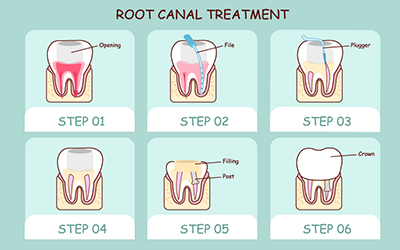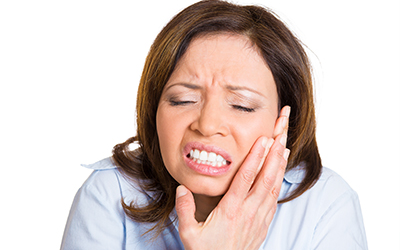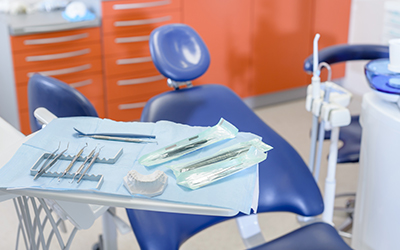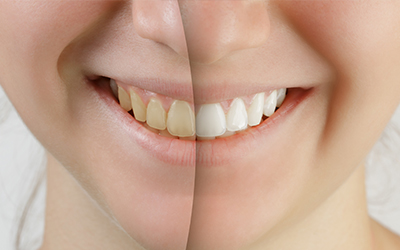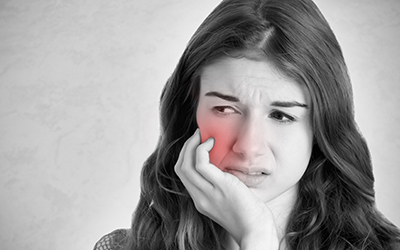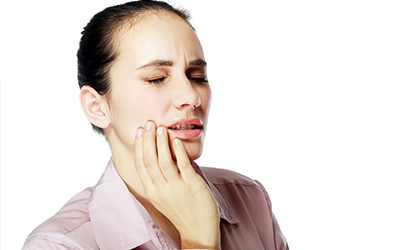Posted on Sep 28, 2020
How Stress Damages Your Oral Health
A+ A- A Main Content
Stress can be very harmful to our overall health, causing high blood pressure, a weakened immune system, and contributes to heart disease. As it turns out, stress can have a very negative impact on your dental health as well.
Stress-Related Dental Issues
Below are a few of the most common stress-related dental problems:
Bruxism
Bruxism is a technical term for the subconscious clenching and grinding of the jaws and teeth, especially during sleep. Bruxism is perhaps the most common stress-related oral health problems. Since it occurs during sleep, you may not even be aware that you’re suffering from bruxism, but there are a few tell-tale signs to keep an eye out for, including:
- A clicking or popping noise when you open and close your jaws
- Frequently waking up with headaches or jaw-aches
- The tips of the teeth may begin to appear flattened
- Increasingly sensitive teeth
Luckily, the symptoms of bruxism can be alleviated by wearing a nightguard to bed and trying to better manage your stress (this is much easier said than done, we know!)
Gum Disease
Stress plays a significant role in the development of gum disease, according to a study by the University of North Carolina. It was also found that the more severe the stress, the more severe the gum disease! It’s important to catch gum disease early and be aware of the symptoms, which can include:
- Receding gums
- Gums that are swollen or red
- Lingering bad breath problems
- Gums that bleed easily when brushing your teeth
- Loose or shifting teeth
If you have any of the above symptoms, please contact your general dentist or periodontist for an appointment.
Canker Sores
Canker sores (sometimes called mouth ulcers) can develop inside the mouth as a result of stress. Pain from a canker sore should only last a few days, and the sores should heal on their own within a week or two. However, if the pain is lingering or the sore won’t heal, please make an appointment with your dentist to get a prescription ointment.
With the world as stressful as it is right now, it’s crucial to maintain good oral hygiene habits. Make sure you’re brushing twice a day, flossing daily, and practicing good dental hygiene.

